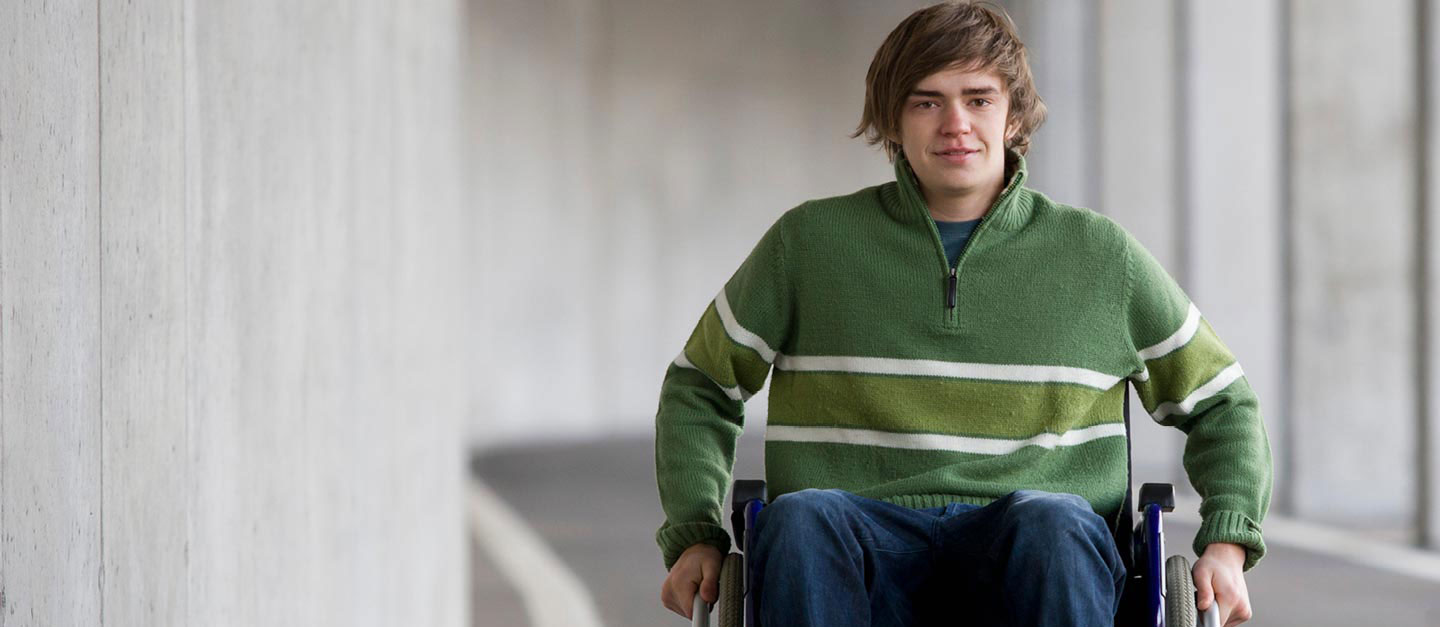Risk protection
Part 1: Social insurance provisions in the event of death.
What you need to know.
If the main wage earner in your family dies, it’s not just an emotional burden you have to cope with, but a financial one as well. In the event of a death due to accident, the mandatory benefits are normally sufficient to see you through. But things look different in the case of an illness.
When someone dies because of an accident or illness
This means that, all of a sudden, all responsibility for the family’s income, children and household falls on one person. This can be difficult in particular if it's the family’s main breadwinner that dies. A death in the family also raises many existential questions:
- Where is the money for covering basic living expenses now going to come from?
- Will the surviving person be able to afford the rent or mortgage on their own?
- Who will take care of the children if the surviving parent has to go back to work?
- What about being able to continue saving for the children’s education?
- Does the children’s share of the inheritance have to be paid out to them?
In order to be covered in such a case, it's important to take sufficient precautions and put safeguards in place. Another important reason for taking out adequate insurance is to be able to pay for your children’s education. If a family does not have adequate insurance cover, it may not be possible to continue paying for university or other further education.
Benefits paid by compulsory insurance
If a married person dies, their spouse is automatically entitled to certain survivors' benefits
- from the AHV. These benefits include pensions for widows, widowers and orphans. They are designed to prevent families from suffering financial hardship. The amount of benefit paid depends the deceased person’s insured income.
- If the deceased was covered by accident insurance, the surviving spouse will also be paid a pension if the death was due to an accident. Employers are required to insure their employees against accidents. Self-employed persons have to take out accident insurance themselves.
- The pension fund will also pay a pension if death was due to illness.
The total of these benefits must not exceed 90% of the deceased person’s last salary. Otherwise, the deceased person is considered to have been overinsured, and the benefits will be reduced.
Survivor’s pension in detail
The survivor's pension includes widow’s and widower’s pension and orphan’s pension for the deceased person's partner and children.
Widow’s and widower’s pension (or spouse’s pension)
Under the state and occupational pension schemes, marriages and civil partnerships are treated same when it comes to widow’s and widower’s pensions. A surviving spouse is entitled to a pension if the following criteria apply:
- The survivor is responsible for supporting a child.
- The survivor is over 45.
- The survivor and deceased were married for at least five years.
Entitlement to the widow’s or widower’s pension ends if the person remarries or dies. If these criteria do not apply, the survivor will receive a lump-sum settlement equivalent to three annual pension payments.
Orphan’s pension:
The children of the deceased person are entitled to an orphan’s pension if they are under 18 or still in formal education. This applies regardless of the parents marital status. An orphan’s pension is no longer paid once a child reaches the age of 25.
Differences in pension benefits if death was due to accident or illness
When it comes to mandatory benefits, it makes a big difference whether the insured person died due to an accident or an illness.
Death due to accident
Just as with loss of earning capacity, the mandatory benefits for death as a result of an accident are higher than those for illness. The reason for this is simple. About 80% of all deaths are due to illness, while 20% are caused by accidents. Therefore, the probability that death will occur due to an illness and the associated risk costs for an insurer are a lot higher. Here’s an example: If a person dies in an accident, their spouse and children receive benefits totalling a maximum of 90% of the deceased person’s last salary. These benefits comprise the following:
- The spouse’s pension from pillar 1 will be 80% of the disability or retirement pension that the deceased person would have received.
- The spouse’s pension from the accident insurance will be 40% of the deceased person’s insured salary.
- The orphan’s pension will be 40% of the disability or retirement pension, and accident insurance pays 25% of the insured salary per orphan and 15% per half-orphan.
- The maximum insured annual salary for accident insurance purposes is CHF 148,200. Anyone earning more than that has to cover the difference through supplementary insurance.
Death due to illness
In this case, the family of the deceased person receives only about 60% of the deceased person’s previous salary. The gap is therefore larger than if death was due to an accident. The benefits in this case comprise the following:
- The spouse’s pension from pillar 1 will be 80% of the disability or retirement pension that the deceased person would have received.
- From pillar 2, the surviving spouse will only receive 60% of the disability or retirement pension the deceased person would have otherwise received.
- The orphan’s pension from pillar 1 will be 40% of the disability or retirement pension, and under the BVG (pillar 2), each child will receive 20% of the deceased person’s disability or retirement pension.
- The maximum insured annual salary for deaths due to an illness is much lower than if death was due to an accident, namely CHF 85,320.
Covering gaps in pension cover with death benefits insurance
You can use your pillar 3 to close the pension gaps that may arise in the event of death. A good option for doing so is to take out a death benefits insurance policy. Under this cover, a lump-sum death benefit will be paid to the person named in the policy if the policyholder dies. We also recommend writing a will.
Find out more
Suitable insurance products




 Contact
Contact
 Find an agency
Find an agency









 Close
Close




